I asked this special author..."Where do you start?" Then she proceeds to pull her hair out. Just kidding. It's a question some authors are likely asked a lot. So I had to return the favor ;) Anyway, Ms Byrd gave us a fantastic response, so I wanted to share:
Katrina Renee Byrd
Where Do I Start?
I hear this question a lot. It is one question that packs a real punch. When people ask this one questions they are usually asking three things.
1. How do I get my ideas on paper?
2. Where do I find time to write?
3.. Where does the piece of work need to begin?
Where do I start? How do I get my ideas on paper?
“I can think of some great ideas but when I try to write them, there’s nothing there.”
“Honey, there’s something there,” I say as I fluff my boa. “You just have to know how to access it.”
One of the most common mistakes about getting ideas on paper is that we try to edit before we write. We hear the ideas in our head but we work diligently to erase them and we don’t even know it. Here let me show you. Take out a sheet of paper or open your word processor. Write the following:
“sorry” she said but that wasn’t good enough for the teacher. She still said that she’d call her mother That scared Ellen. She walked slowly from her bus stop thinking… When she reached the front steps her mother stood on the porch. “Get into this house right now,” her mother said.
Look at what you’ve just written. Is it punctuated properly? Is it coherent? Is it something you want to share with your English teacher? Of course not but you have gotten the idea on paper. Take a minute to do some editing. Then take a look at my edits.
“Sorry,” Ella said. She stared at Mrs. Johnson, her second grade teacher behind thick glasses. Ella said it again, but sorry wasn’t good enough for Old Lady Johnson.
“I’m calling your mother this afternoon, young lady,” Mrs. Johnson said shaking a finger at Ella then turning her back to Ella and addressing the rest of the class.
Where do I start? Where do I find time to write?
“I am too busy. I just don’t have time to write?
“Busy doing what, honey?” I ask.
That’s the real question. We are all busy but what are we busy doing? If you want to be a writer you must write. I was shocked when I realized this concept. So walking around town advertising myself as a writer is not the same as being a writer? Sadly it is not. Neither is cleaning your house, nursing your boa flouncing career or being at every writers’ group meeting. So when I really embraced this concept I found some fun ways to write small pieces AND get feedback!! Dare I say it out loud? FACEBOOK, blogging, twitter… All of these entities give you the opportunity to come up with creative, short pieces in a short period of time. Another way to jump start your writing life is to carve out small periods of time for your writing. At this point it’s not the number of minutes or hours that you write but rather that you honor the time that you’ve set for yourself. If you say you are going to write from 3:00 pm – 3:02 pm then have your butt in chair, keyboard in hand and sit there for two, uninterrupted minutes of writing.
Where do I start? Where does the piece of work begin?
This question is a bit difficult to answer because so many of us write differently. Some use an outline, some fly by the seat of their pants and some do both. For me, I have come to realize that where I begin writing the story is not necessarily where the reader begins reading it. So when I sit down to begin writing a story I may begin writing “…and they lived happily ever after.” Where as once the story reaches the hands of the reader the first line he sees may be “Once upon a time.”
Some writers write linear and some don’t. Even with an outline I may choose to write chapter five first then go back and write chapter two. I really think the import thing is to know yourself and feel brave enough and free enough to begin writing wherever you’d like.
So to answer the question where do I start? I say, “WRITE!”
As always, if you like what this author has to say in their guest spot, please patronize them by clicking on their book on the sidebar. I make absolutely nothing off your purchase through this site. I'm just glad to have them stop by and hope you get some pleasure from meeting another author.
We all have them.
What are yours?
What do you dream about? What gets your heart racing in the morning? What lights your fire through out the day?
What are your demons? What do you fight and struggle with, within yourself? Things that most people don't know about that you struggle with daily. What makes life challenging for you?
Good writers channel both their dreams and their demons into their writing. Writing is an art, and artists channel their inner selves into their work. Those things we struggle with, we put into words and flesh them out into fictional or non-fictional characters to bring them to life on the page...or screen. We attribute our own characteristics and characteristics of people we know and people we meet into these two-dimensional beings to make them seem three-dimensional. We have to live in the character's world for a while, then add heart and soul to each two-dimensional figure head.
We do this so that...
As a reader, you become completely engulfed in this world that we've presented to you. The goal is that we've reached into you mind, into your heart, into your soul, and touched, fondled, even squeezed and yanked your personal dreams and demons and ripped them out of you and placed them on the page or screen in front of you. We've put them right in front of your eyes and make you stand up and take notice of them. We've brought them to life for you to the extent that you can't deny their existence...if even for a few hours.
And we do this....to please you, the reader.
Yes, we bring your demons and dreams to the forefront of your mind and our demons and dreams to them...to entertain you. To please you. To make you happy.
To give you a break from your own life. And to pull you into our life.
Just briefly.
Then we'll let the chain drop that we've yanked you out with and let you fall back to your comfort zone, putting all of your dreams and demons back in their safe place.
But just until you read our next book ;)
More specifically...what's a book worth to YOU, the reader?
Some writers believe that each of their works should be priced as high as the sky...because it's their art and their art is special. Their time is special. They deserve to be paid for their time. With each book sale.
I won't say that their art isn't special, because it is. I believe that each author has an audience. The trick is FINDING that audience. Plus, the audience for Sally just may be bigger than the audience for Tom. Who knows?
Some writers believe that their work should be priced in the gutter...so they can attract that many more readers. They believe that selling 6,000 is better than selling 1,000, even if selling 6,000 copies makes them the exact same profit as selling 1,000 copies would. But, with 6,000, they have 6,000 more readers and potential fans than the author that only sells 1,000.
I won't say this is faulty either, simply because we all know that when businesses have a loss leader or even a freebie, it tends to WORK. It does it's job and brings in more customers. That's the whole idea behind the promotion. If it didn't work businesses wouldn't continue doing that.
With the high priced books, obviously not everyone will spend money on their art. Especially if you're not familiar with that particular author. The majority of people that I've talked to and listened to have the same thought process with this. If you don't know an author, you're afraid to spend more than a few bucks on them. You're only willing to spend a few bucks or MORE if you know AND TRUST that author. Perfectly reasonable sounding to me. We work hard for our money...unless Uncle Sam gave it to you for free.
With gutter priced books, some people believe that undervalues the author's work and therefore undervalues the author. They believe that .99 and free books devalue books in general, lowering the actual value of every other author out there. But, I figure, if that were true, we wouldn't have James Patterson, Stephen King, Janet Evanovich, Nora Roberts, etc on the top of the best-seller lists. Those books sure aren't .99 or free.
See, the idea with this idea is, if you give your book away for free, your book makes another author's book worth less. So, if they feel they should get 4.99 per copy, suddenly, because yours is free, they can now only get 2.99 per copy.
I kinda think that those that are willing to pay for quality, will pay regardless of how many free books are out there. I kinda also think that those that aren't willing to pay for anything, wouldn't pay regardless, even if there were no free or cheap books out there.
But, what do I know?
Either way, if the work sells, you WILL make a lot of money. Either way, there are legitimate reasons that will scare away some readers.
So, as a reader, how much is a book worth to YOU?
As writers, we need to understand the power of the written AND spoken word. We also need to understand the power of the LACK of words.
To do that, let's consider things from a reader's point of view for a moment. And even from the point of view of someone who is simply speaking.
We have it pounded into our heads that our words, whether written or spoken, can hurt, so we need to watch our words. This is true. Sometimes, every now and then, on rare occasions, we also hear that our words can serve to build others up. This is also true.
However, how many of us realize the FULL power of our words?
When we are trying to make a point while speaking, what do most of us do? We yell or put MAJOR emphasis on what we're trying to make a point of. The rare individual actually uses something called...a pause...to emphasize something specific. In speech this sets off whatever is paused from everything around it. In writing, there is actually the same effect.
We have tools when writing that allow us, for the most part, to duplicate what our spoken words can do. As writers, we should learn each of these tools.
Now, as a speaker, some people just have what we call diarrhea of the mouth. In other words, they don't shut up, for anything, regardless, even if they have made their point already, it doesn't matter, they just keep spurting, and spurting, and don't get the clue, whether you speak up or not, whether their own brain tells them to stop...they DON'T stop.
You don't want to talk like that AND you don't want to write like that. Get your point made as succinctly and beautifully as possible. Nothing more, nothing less.
That brings us to our LACK of words. Sometimes less really IS more. We can describe one thing ten different ways and it has NO GREATER IMPACT just because it's been described ten different ways.
Say something ONE way. The most efficient, most dramatic way. The way that will impact the listener or the reader the most, ONE time. That way it STICKS WITH THEM. When you repeating, you actually end up softening the impact.
And yes, I'm guilty of this myself. So don't click on my books...to the right...or you may be disappointed :P
As writers and as readers, we need to make our speech as tight as possible. As to the point as possible. Have as much impact as possible. Just think, not many people have 20 minutes to hear something you can say in 2 minutes.
So get it done. You'll be happy you did ;)
It hit me today. Yes, I'm becoming more "independent" with my work, in that it's getting out there more. My writing is in more hands. More eyes are reading what I've written.
Yet, that independence leads to dependence. Sort of.
I realized that around 10,000 people have a copy of one book. I then realized that those people could be riding a bus or a train, sitting in a doctor's office, sitting in a corner shutting the world out, killing time while waiting for a loved one to come home, or sitting on a beach somewhere...while reading my book. People all over the country have a copy of my book on their ereader.
This actually leads to more dependence, while giving the writer more independence. It's in the business side of things. If a person is simply a writer and not a business person, that person can simply write whatever they want and not care. They won't care if anyone ever reads their work. They won't care if their work is shared. They won't care if their work is bought. They won't care if their work is popular. They simply write to write. Period.
However, for the write that's also a business person, the independence and dependence are actually tied together. In order for us to be independent, we must also realize that we are dependent. We are dependent on the reader to actually enjoy what we write. After all, if the reader doesn't enjoy it, the work will never go far.
So yes, I have around 10,000 people with a copy of one of my books. Now I wonder how many of those are enjoying with they are reading. I'm sure at least some are, because I've had great reviews. I'm also sure some are, because they've bought the first sequel. I'm also sure some are, because they've bought the short story prequel.
In the end, yes, I'm dependent on these readers to be happy. To spread word-of-mouth. To help me build my brand and my series, to please their reading tastes.
So, in this case, being dependent to be independent feels so good.
|
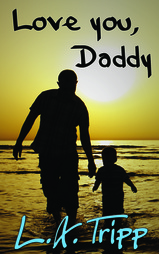
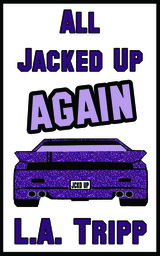
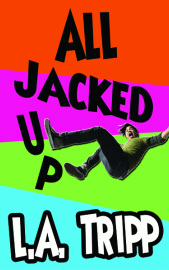
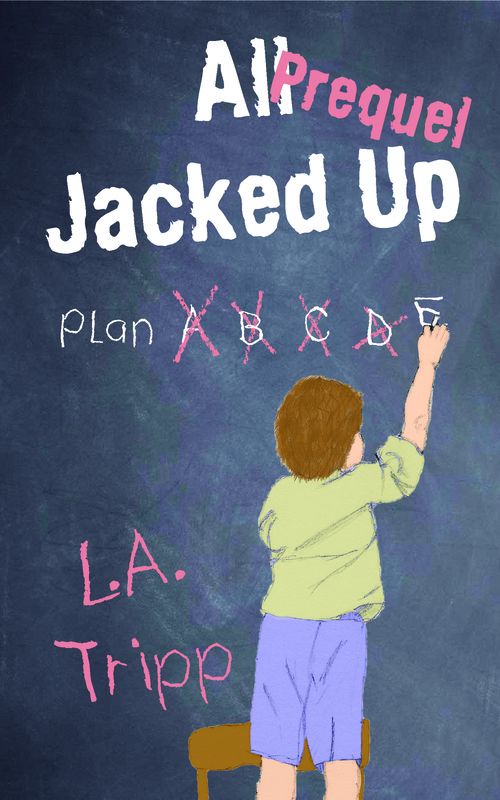

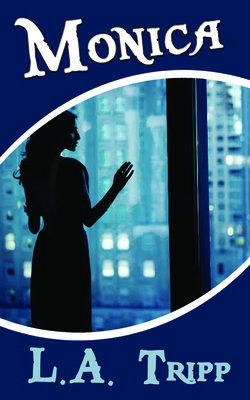
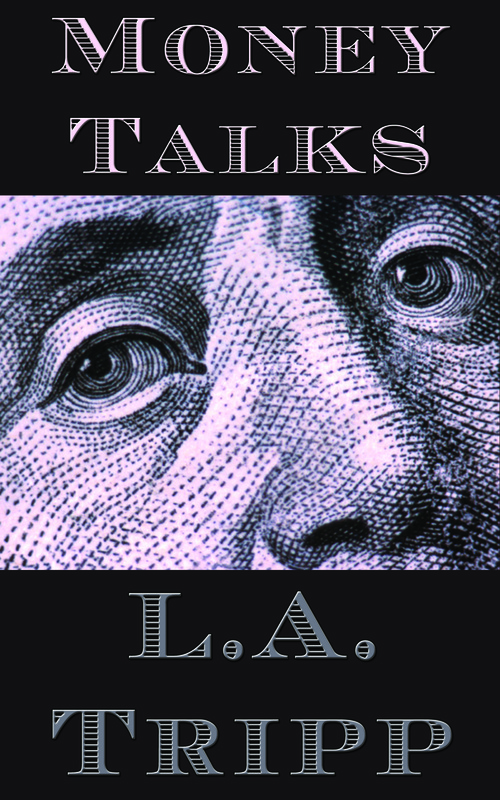

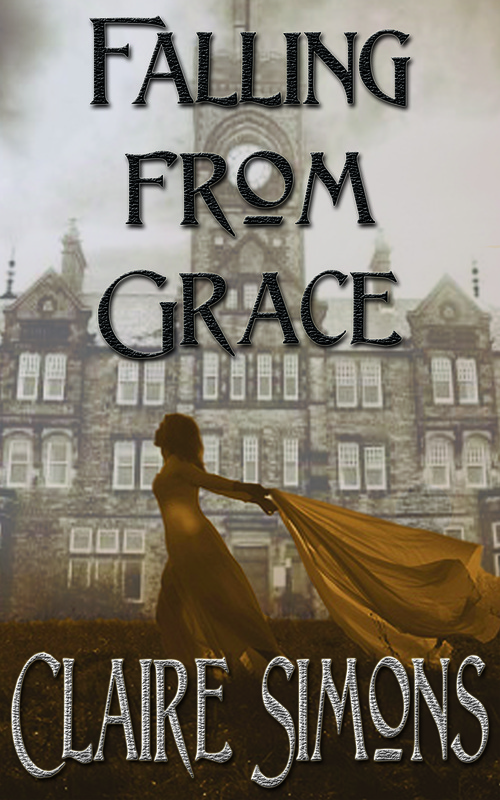
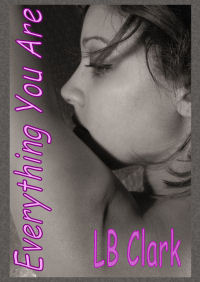
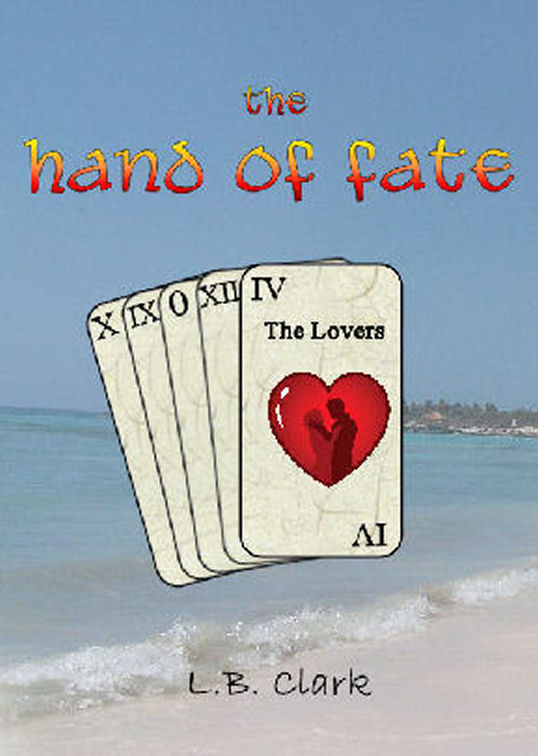

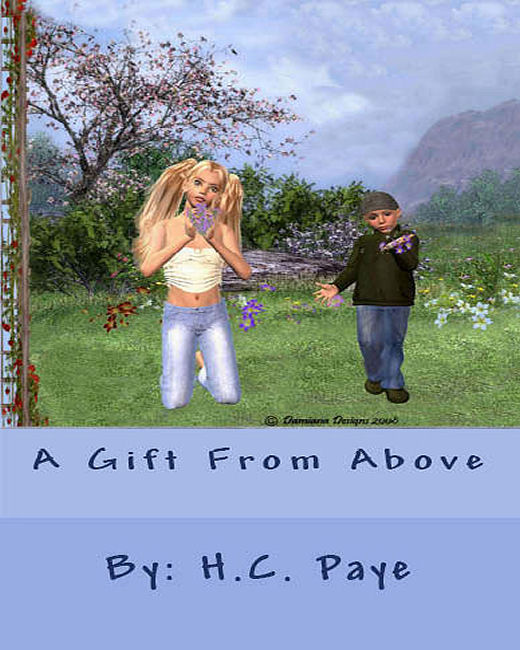
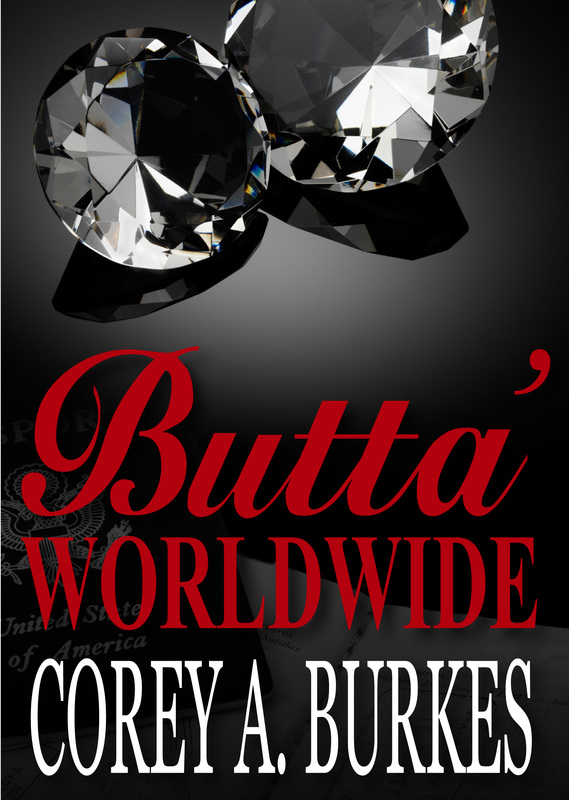

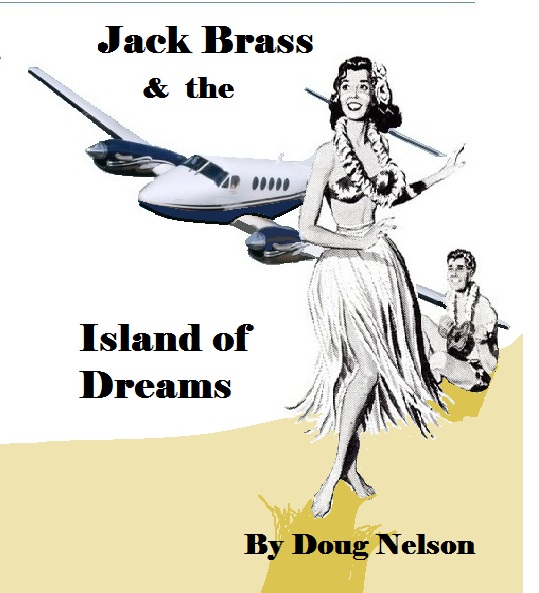
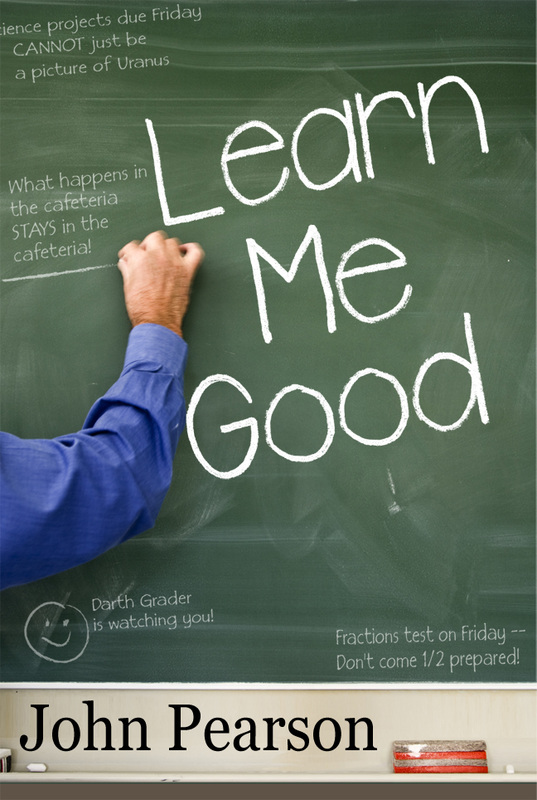

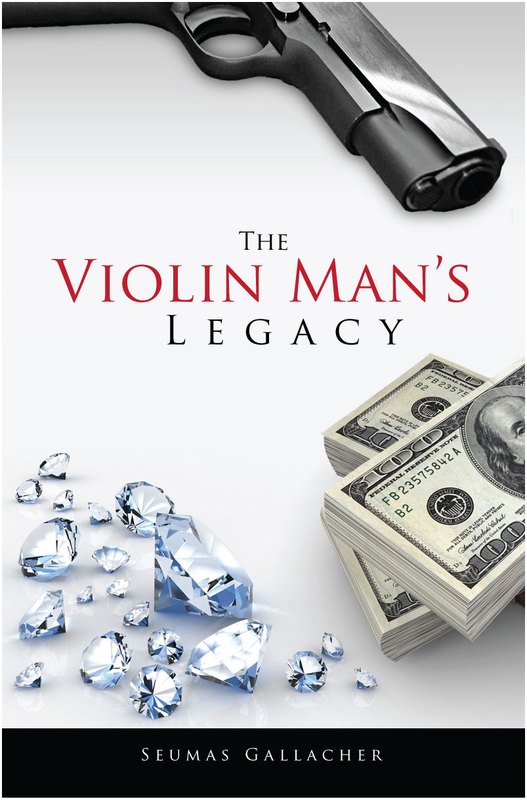
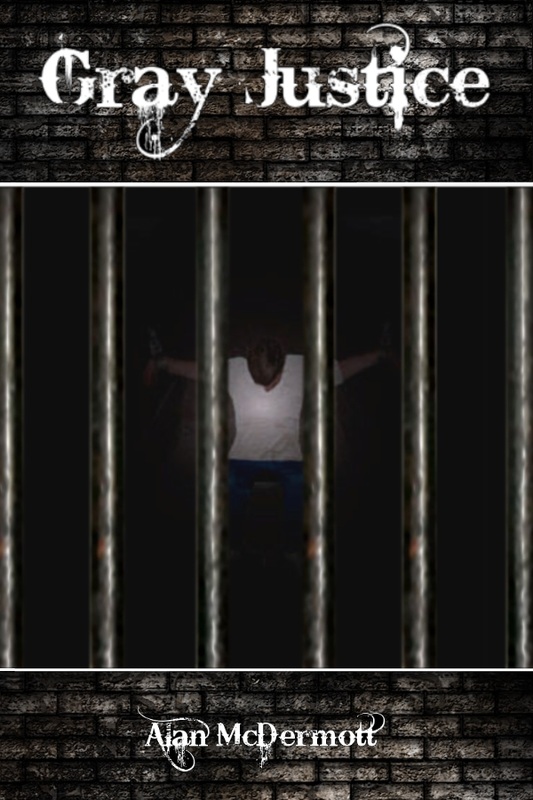
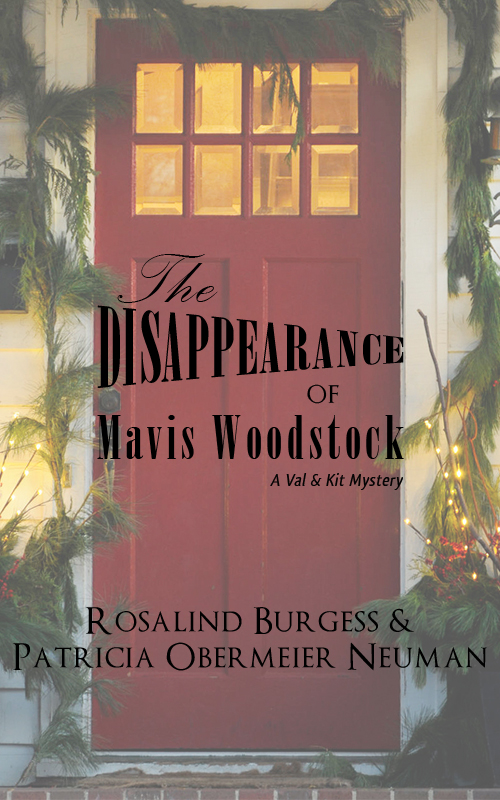
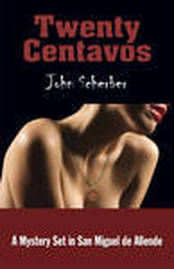
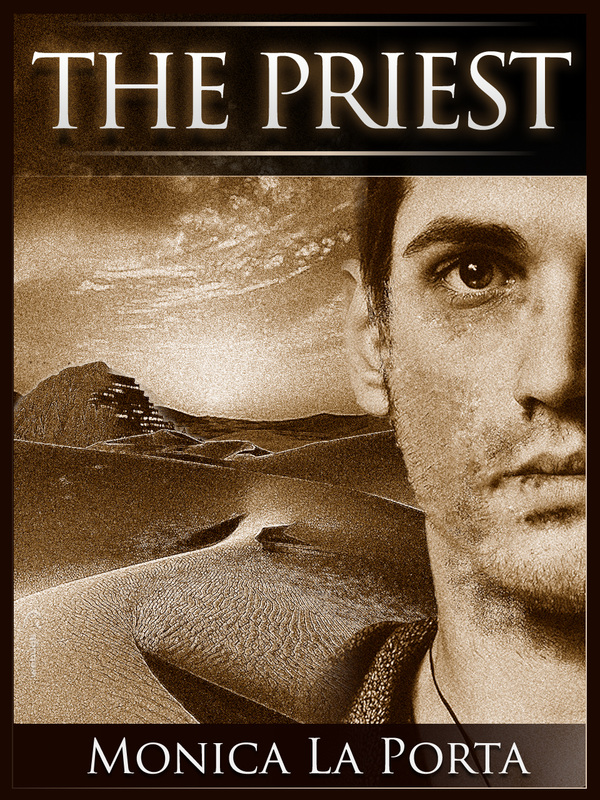

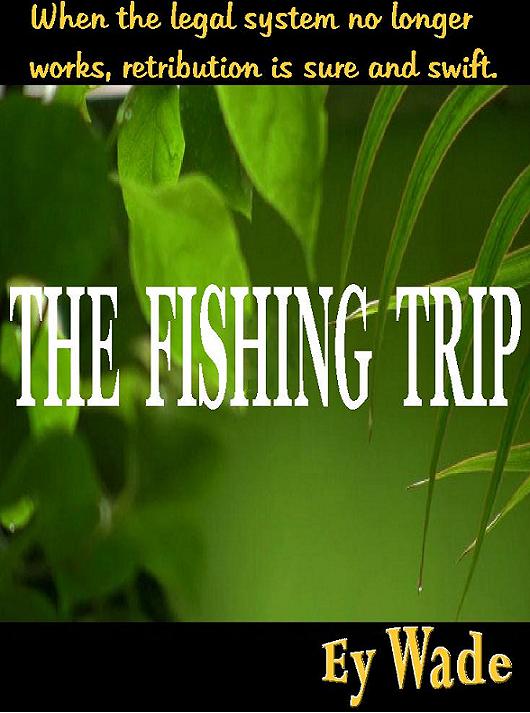
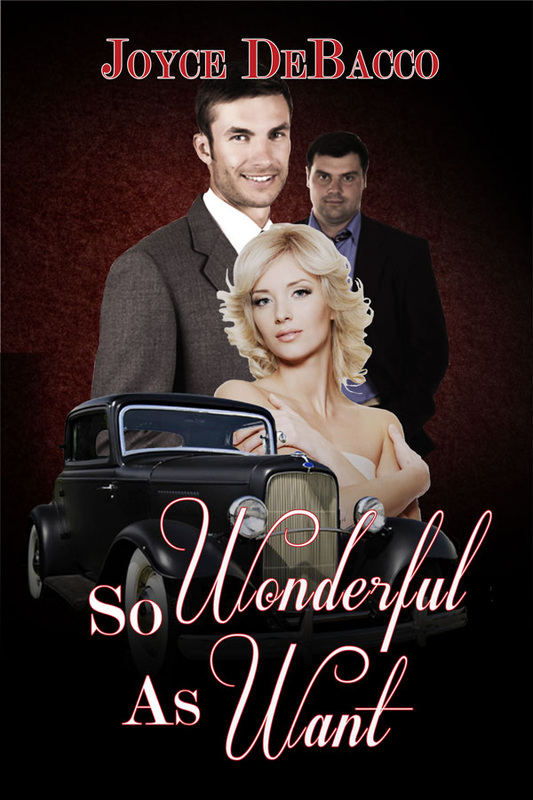


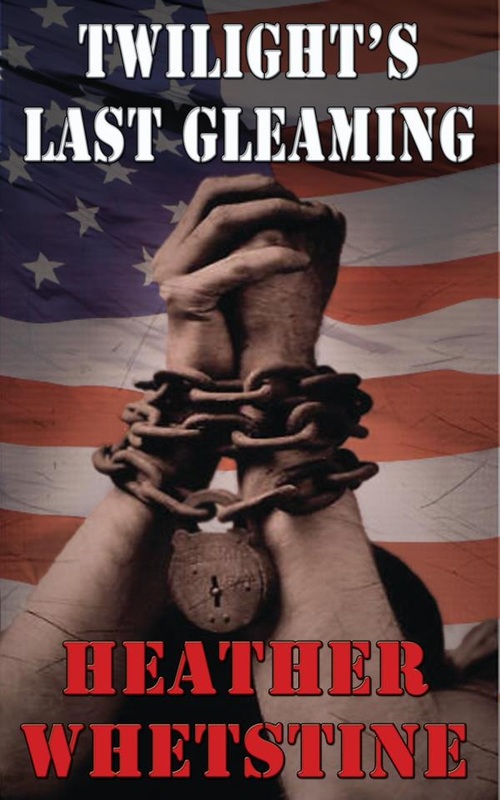
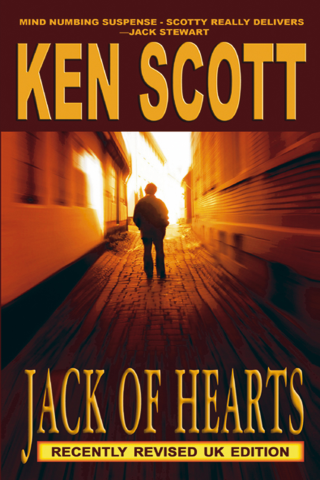
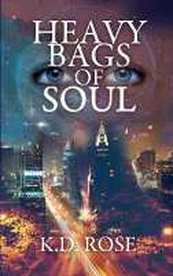
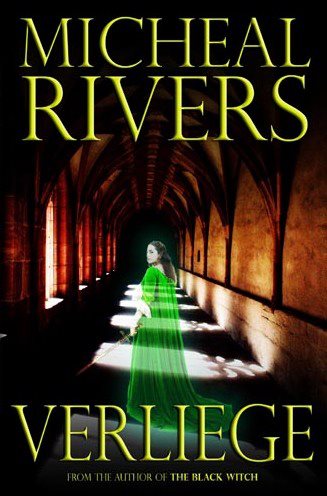

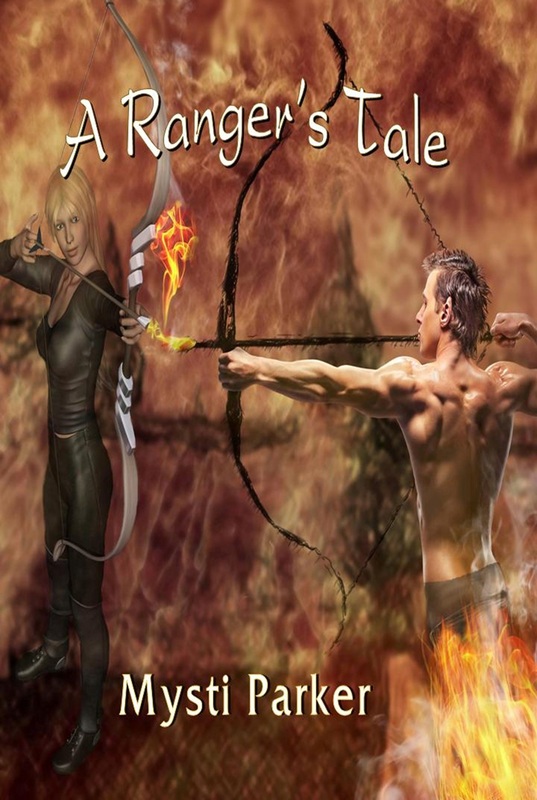
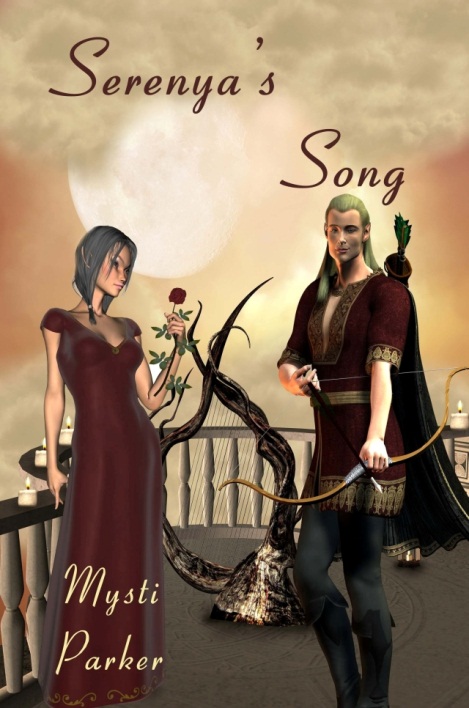
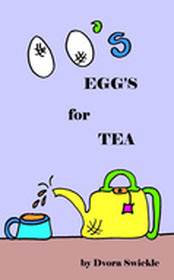
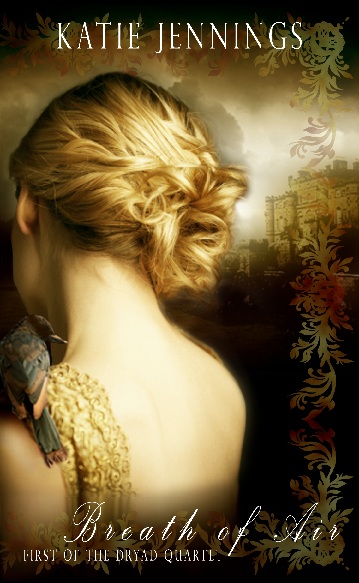
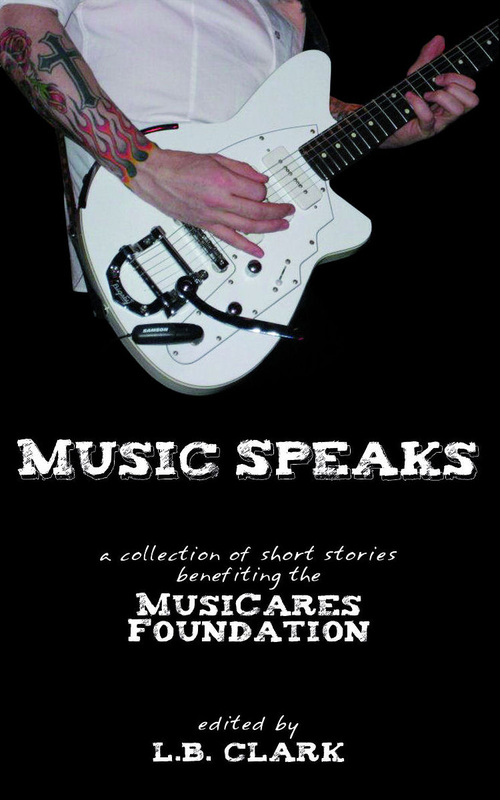
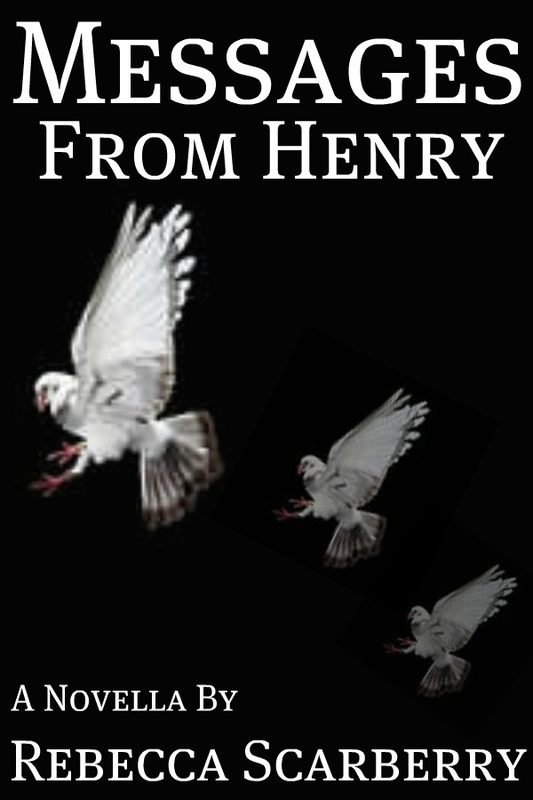
 RSS Feed
RSS Feed